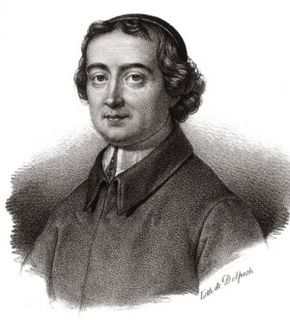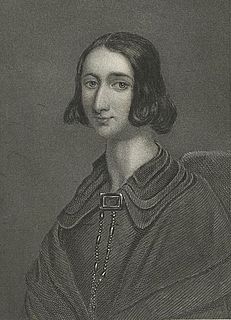A Quote by Bertrand Russell
Who ever heard a theologian preface his creed, or a politician conclude his speech with an estimate of the probable error of his opinion?
Related Quotes
A man's real faith is never contained in his creed, nor is his creed an article of his faith. The last is never adopted. This it is that permits him to smile ever, and to live even as bravely as he does. And yet he clings anxiously to his creed, as to a straw, thinking that that does him good service because his sheet anchor does not drag.
Not one of the orthodox ministers dare preach what he thinks if he knows a majority of his congregation think otherwise. He knows that every member of his church stands guard over his brain with a creed, like a club, in his hand. He knows that he is not expected to search after the truth, but that he is employed to defend the creed. Every pulpit is a pillory, in which stands a hired culprit, defending the justice of his own imprisonment.
When I hear another express an opinion which is not mine, I say to myself, he has a right to his opinion, as I to mine. Why should I question it? His error does me no injury, and shall I become a Don Quixote, to bring all men by force of argument to one opinion? ...Be a listener only, keep within yourself, and endeavor to establish with yourself the habit of silence, especially in politics.
People don't realize what a brilliant politician Lincoln was. Looking back, we want to ascribe a level of providence to his every decision but he was a cunning and calculating politician; from the cultivation of his image as a hayseed from Illinois, to his ability to keep this country together under dire circumstances.
In my Pantheon, Pan still reigns in his pristine glory, with his ruddy face, his flowing beard, and his shaggy body, his pipe and his crook, his nymph Echo, and his chosen daughter Iambe; for the great god Pan is not dead, as was rumored. No god ever dies. Perhaps of all the gods of New England and of ancient Greece, I am most constant at his shrine.
When a man sought knowledge, it would not be long before it could be seen in his humbleness, his sight, upon his tongue and his hands, in his prayer, in his speech and in his disinterest (zuhd) in worldly allurements. And a man would acquire a portion of knowledge and put it into practice, and it would be better for him than the world and all it contains - if he owned it he would give it in exchange for the hereafter.

































